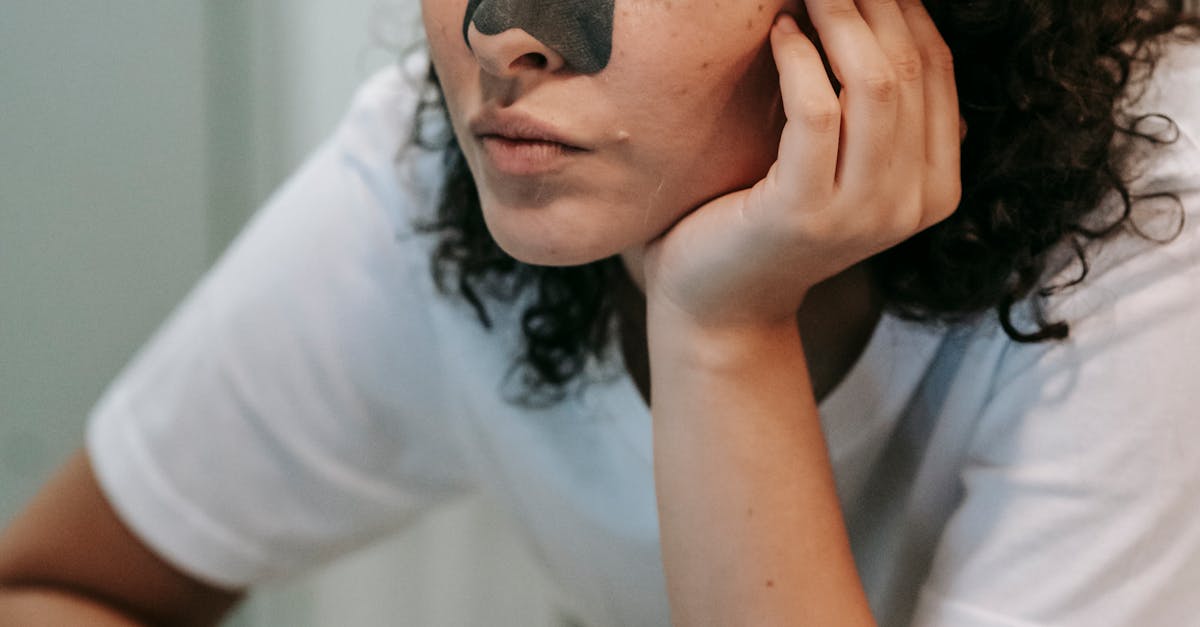
Table Of Contents
Cost Factors
When considering the cost factors associated with Rhinoplasty (Nose Job), it is essential to understand that various elements contribute to the overall expense. The total cost typically encompasses the surgeon's fee, anesthesia fee, facility fee, and any necessary post-operative appointments. Additionally, the complexity of the procedure, such as whether it involves addressing functional issues alongside aesthetic concerns, can also influence the cost.
It is crucial to note that the location of the surgeon's practice can significantly impact the cost of Rhinoplasty (Nose Job). Surgeons operating in metropolitan areas or regions with a higher cost of living may charge more for their services compared to those in smaller towns. Moreover, the surgeon's level of expertise and reputation within the field can be reflected in the price they command for Rhinoplasty procedures.
Factors That Influence the Cost of Rhinoplasty
Several factors can influence the cost of rhinoplasty (nose job) surgery. The complexity of the procedure plays a significant role in determining the overall cost. For instance, if the surgery involves extensive restructuring of the nasal framework or correction of breathing difficulties, the cost is likely to be higher due to the increased time and expertise required from the surgeon. Additionally, the experience and reputation of the surgeon performing the rhinoplasty can also impact the cost. Surgeons with advanced skills and a successful track record may charge more for their services.
Another factor that can influence the cost of rhinoplasty is the geographic location of the surgical facility. Cosmetic procedures tend to be more expensive in major metropolitan areas compared to suburban or rural settings. This difference in cost can be attributed to higher overhead expenses such as rent, staff salaries, and other operational costs. Patients should consider these factors when budgeting for rhinoplasty surgery and explore options in different regions to find a balance between quality care and affordability.
Choosing the Right Surgeon
Choosing the right surgeon for your Rhinoplasty (Nose Job) is a critical decision that can have a significant impact on the outcome of your procedure. When selecting a surgeon, it is essential to prioritize qualifications and experience. Look for a board-certified plastic surgeon who specializes in rhinoplasty and has a proven track record of successful surgeries. Additionally, consider scheduling consultations with multiple surgeons to ensure you find one who understands your goals and can provide a personalized treatment plan tailored to your individual needs.
Another important factor to consider when choosing a rhinoplasty surgeon is their level of communication and professionalism. A surgeon who takes the time to listen to your concerns, answer your questions, and explain the procedure in detail can help you feel more confident and at ease throughout the process. Additionally, be sure to ask for before-and-after photos of previous patients to gauge the surgeon's aesthetic style and determine if their results align with your desired outcome. Remember, selecting the right surgeon is crucial for achieving the results you desire and ensuring a safe and successful rhinoplasty experience.
Tips for Selecting a Qualified Rhinoplasty Surgeon
When considering undergoing a rhinoplasty (nose job) procedure, selecting a qualified surgeon is paramount. To ensure a successful outcome, it is advisable to research and choose a surgeon who specializes in rhinoplasty specifically. Look for a surgeon who is board-certified, as this certification indicates that they have undergone rigorous training and meet high standards of expertise in the field of plastic surgery. Additionally, seeking out a surgeon with extensive experience in performing rhinoplasty procedures can increase the likelihood of achieving the desired results.
Another essential factor to consider when selecting a qualified rhinoplasty surgeon is to schedule a consultation to discuss your goals, concerns, and expectations. During this initial meeting, pay attention to the surgeon's communication style and ensure that you feel comfortable asking questions and expressing your preferences. It is crucial to establish a rapport with your surgeon and feel confident in their ability to understand your aesthetic goals and deliver a customized treatment plan tailored to your unique needs.
Before and After
Before undergoing rhinoplasty (nose job) surgery, it is crucial to have a detailed consultation with your surgeon. During this consultation, you can discuss your goals and expectations for the procedure, as well as any concerns you may have. Your surgeon will evaluate your facial features, nasal structure, and overall health to determine if you are a suitable candidate for rhinoplasty. Photographs may be taken to document the before-and-after transformation.
After rhinoplasty surgery, patients can expect some swelling and bruising around the nose and eyes. Pain and discomfort are common in the first few days following the procedure, but can typically be managed with prescribed medications. It is important to follow your surgeon's post-operative care instructions diligently to optimize healing and minimize complications. Results of rhinoplasty are not immediate, as it takes time for swelling to subside and for the nasal tissues to settle into their final position. Patience and adherence to post-operative guidelines are key to achieving the desired outcome of a more balanced and harmonious facial profile.
What to Expect Before and After Rhinoplasty Surgery
What to Expect Before and After Rhinoplasty Surgery
Before undergoing rhinoplasty (nose job) surgery, patients will have consultations with their surgeon to discuss their desired outcomes and any concerns. During these consultations, the surgeon will evaluate the patient's nose structure and overall health to determine the best approach for the procedure. Patients may also be advised to stop taking certain medications, such as blood thinners, to minimize the risk of complications during surgery. Additionally, patients should not smoke in the weeks leading up to surgery to promote better healing.
Following rhinoplasty surgery, patients can expect some swelling, bruising, and discomfort around the nose and eyes. It is essential to follow post-operative care instructions provided by the surgeon, such as keeping the head elevated and avoiding strenuous activities to aid in the healing process. Patients may also have nasal packing or splints in place to support the nose as it heals. It is common for patients to see gradual improvement in their nasal appearance over the following weeks and months as swelling subsides, revealing the final results of the rhinoplasty procedure.
FAQS
Is a nose job the same as rhinoplasty?
Yes, a nose job and rhinoplasty refer to the same surgical procedure that reshapes or reconstructs the nose for aesthetic or functional purposes.
How much does a nose job or rhinoplasty cost?
The cost of a nose job or rhinoplasty can vary depending on factors such as the surgeon's experience, location, facility fees, anesthesia fees, and the extent of the procedure. On average, the cost ranges from $5,000 to $15,000.
What factors influence the cost of rhinoplasty?
Factors that can influence the cost of rhinoplasty include the surgeon's reputation and expertise, the complexity of the procedure, the geographic location of the practice, the type of anesthesia used, and any additional fees for pre-operative tests or post-operative care.
How do I choose the right surgeon for rhinoplasty?
When selecting a qualified rhinoplasty surgeon, it is important to research their credentials, experience, and reputation. Look for a board-certified plastic surgeon with specific expertise in rhinoplasty and a track record of successful outcomes. Schedule a consultation to discuss your goals and ensure you feel comfortable and confident in their care.
What should I expect before and after rhinoplasty surgery?
Before rhinoplasty surgery, you will have a consultation with your surgeon to discuss your goals, medical history, and the details of the procedure. After surgery, you can expect some swelling, bruising, and discomfort, which can be managed with pain medication and proper care. It may take several weeks to months for the final results to be fully visible as the nose heals and settles into its new shape.


